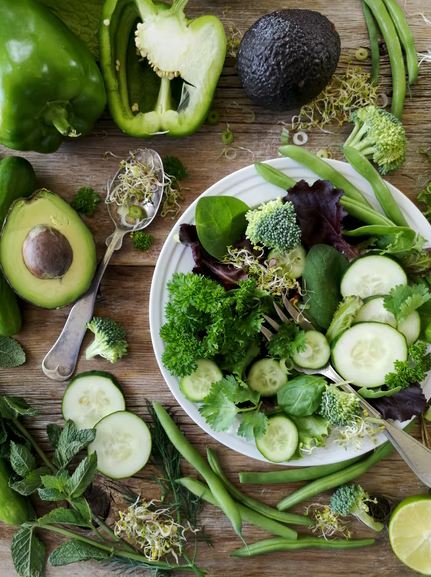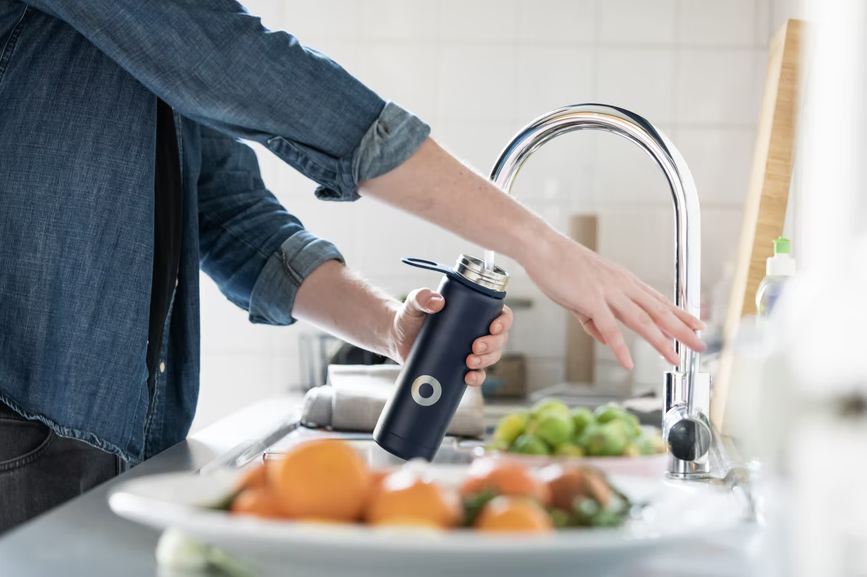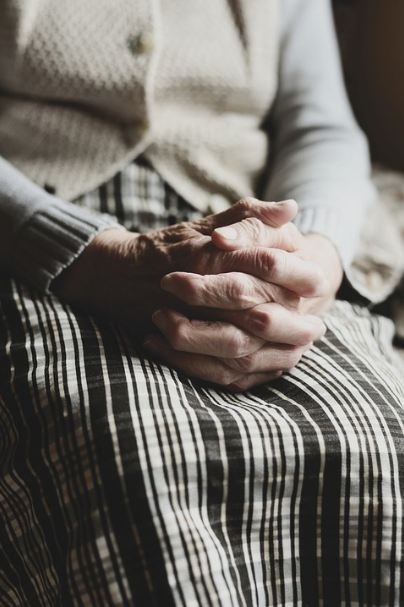Constipation occurs when bowel movements are abnormal, and feces become difficult to pass through. It often occurs due to changes in diet or schedule or inadequate fiber intake. If your elderly has severe pain, blood clots, or constipation lasting more than three weeks, you should call the doctor.
It may emerge due to the absorbency of water from the waste in your colon, which shrivels the stool, making it hard to be consistent and problematic to get out of the body.
Medications
The treatment of chronic constipation usually begins with a change in diet and lifestyle aimed at increasing the rate at which feces move through your gut. If those changes do not help, your doctor may recommend medication or surgery.
Few Tips to Deal with Constipation
1. Increase Your Fiber Diet
Adding fiber to your diet improves the weight of your stool and speeds up its passage through your gut. Gradually start eating fresh fruits and vegetables every day. Your doctor may suggest several grams of fiber to consume each day. Normally, they will specify 14 grams of fiber for every 1,000 calories in your daily diet.
A sudden increase in the amount of fiber you eat can result in constipation and gas, so begin small and work your way up to your objective in more than a few weeks.
2. Drink Plenty of Water
Ordinary weight loss can direct to constipation. To prevent this, it is essential to drink sufficient water and stay hydrated. When an adult is constipated, they may find it susceptible to drink certain carbonated water. This can comfort them to drink water again and make things go well again. Sparkling water works better than tap water in omitting constipation. These implicate people with indigestion or dyspepsia and seniors with chronic idiopathic constipation.
Regardless, drinking carbonated beverages such as sugary soda is not a favorable idea, as these drinks can have severe health effects and can make constipation awful.
3. Exercise Several Days a Week
Exercise enhances the muscle activity in your gut. Try to get regular exercise assorted days a week. If you are no longer exercising, talk to your doctor about whether you are healthy enough to start a workout program.
Try doing some kind of physical activity, such as hiking, swimming, cycling, or running, to see if it benefits.
Cardio exercise that gets your blood pumping is probably the easiest way to do physical activity to help prevent constipation. Whether working out, swimming, cycling, or dancing, cardio exercises will increase their breathing, heart rate and stimulate bowels.
4. Add Prebiotic Foods To the Diet
Prebiotics are an indigestible fiber of carbohydrates. They comprise oligosaccharides and inulin. Although dietary fiber facilitates constipation by improving consistency and quantity of stock, prebiotics has an impact on boosting digestive health.
Prebiotic fiber promotes digestive health by eating beneficial bacteria in the gut, increasing probiotics, and improving the balance of bacteria in the stomach. Different prebiotics can help increase the frequency of bowel movements, as well as soften the stools.
Prebiotic foods contain chicory, garlic, onions, bananas, and leeks.
5. Laxatives
If your doctor recommends laxatives, ask what kind is fine for you and how lengthy. Laxatives are taken temporarily because you do not want to start relying on them to visit the toilet.
Additionally, ask how you may lessen laxatives in case you now do not need them. Abrupt withdrawal can affect your colon’s ability to negotiate.
Home Remedies for Treating Constipation
1. Abdominal Massage
Abdominal massage can be the best home remedy for constipation. Ask the elderly to lie on their back so you can press their abdomen in a clockwise motion (for about 10 minutes). You can do this twice a day. Drinking hot water or tea before a massage can also improve the gastrointestinal system.
2. Castor Oil
3. Lemon Juice
Being a natural digestive aid, Lemon juice can be added to tea or warm water to improve bowel stimulation. If your senior loves tea, that’s a great thing because you can squeeze half lemon into it to help them get rid of constipation. What lemon juice does is flush out the toxins from the body to help with constipation.
4. Honey
Honey is a common household item that you can easily find on your kitchen counter. If you have elders living with you, you must have honey in your home. Loaded full of enzymes, honey is a mild laxative that can be added to tea or plain warm water. It can help ease constipation.
5. Aloe Vera
You might have used aloe vera to soothe cuts and burns, but when taken orally, aloe vera can also soothe the digestive tract. If you have natural aloe vera growing in your home garden, you can also get it from there. The best thing about aloe vera is that you can also add it into smoothies or plain water. To give it to an elder, add aloe vera in plain warm water, mix it well, and ask them to drink it.
This aloe vera drink will help alleviate constipation and IBS.
6. Milk and Ghee
The combination of milk and ghee has been used for hundreds of years in India and Pakistan to alleviate constipation. Although too much dairy or dairy products can lead to constipation, some elders can benefit from warm milk to stimulate bowel movements, especially when organic ghee is added.
Ghee, in other words, is clarified butter and one of the best ancient healing tools known for thousands of benefits. Warm a glass of milk in the evening and add one tablespoon of organic ghee. Ask the senior to drink it (if they are not lactose intolerant). Drinking this mix will encourage a bowel movement the next day.
7. Coffee
If the senior at your home is already a coffee lover, great! If they are not, you should encourage them to drink coffee as it can help stimulate a bowel movement. Caffeine in the coffee causes the muscles in the intestines to contract, moving the stool towards the rectum.
Although coffee can move bowels, it can also be dehydrating. Therefore, make sure the senior drinks plenty of water when drinking caffeinated beverages.
8. Omega-3 Oil
Omega-3 can be found in hemp seed oil, fish oil, and flaxseed oil. So, get your hands on any of these oils and incorporate them into your senior’s diet. Using flaxseed, salmon, avocadoes, and hemp products can naturally introduce omega-3 oil to their digestive system.
In addition, you can also opt for omega-3 supplements for them if they don’t like or cannot eat these foods regularly. However, make sure to ask a dietitian or their doctor before adding omega-3 oil or foods containing it.
Conclusion
You can use any of these home remedies for dealing with constipation in seniors. However, if the condition remains the same or worsens, contact your healthcare professional immediately. Also, make sure to call the healthcare professional right away if you see blood in their stool, they are losing weight unintentionally, or have severe pain with bowel movements.
Also, if you are looking for ways on how to keep your elderly loved one safe when using the toilet, you may check out our article about raised toilet seats and their benefits.







